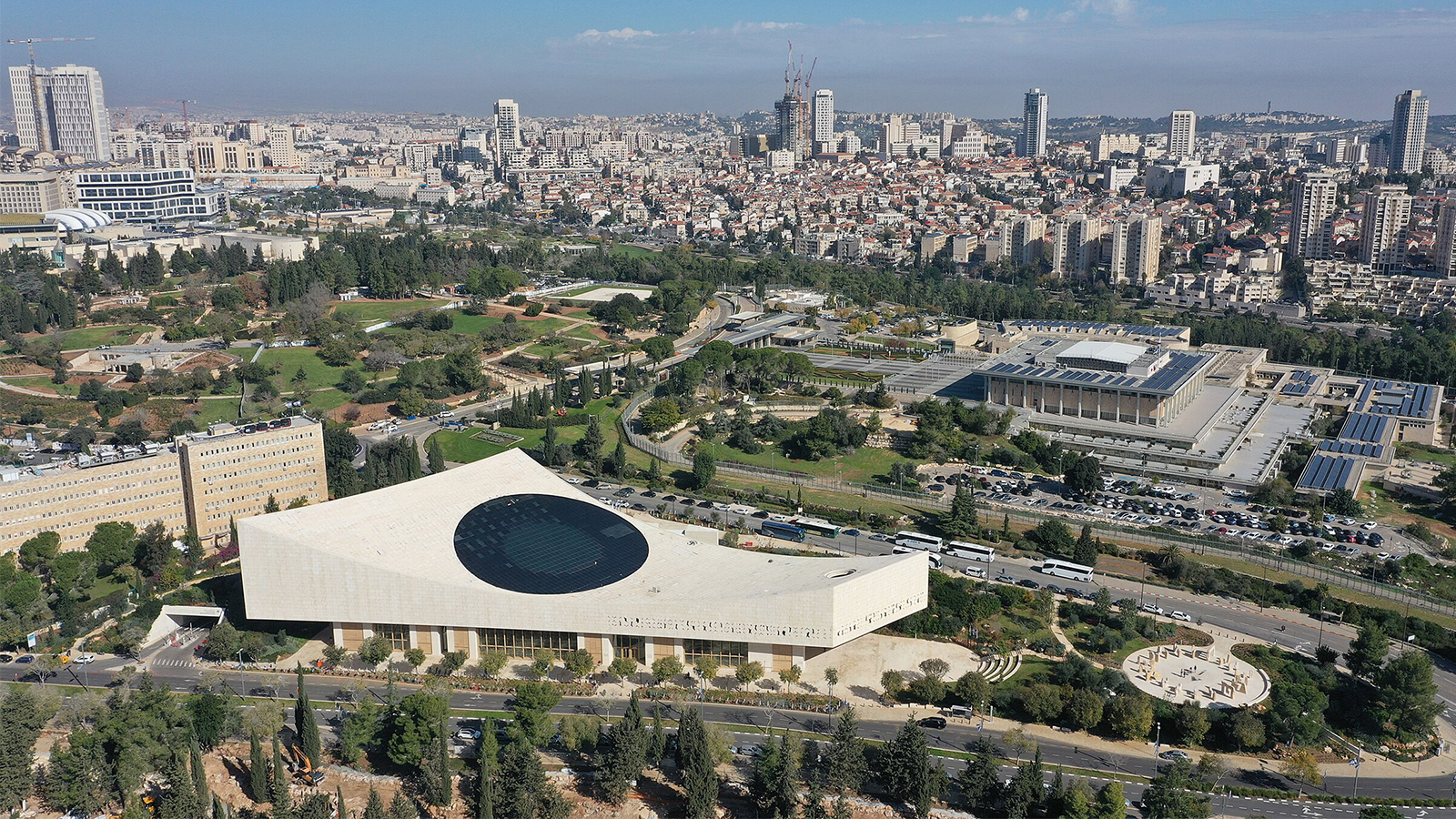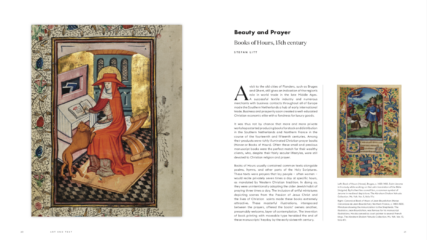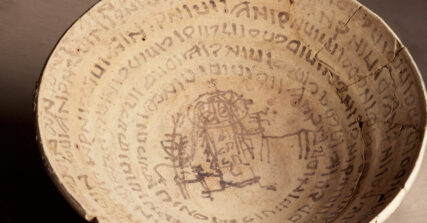No one ever asks, “Why should India exist?” Or Albania. Or the United States. Or any country in the world.
Except for one country: Israel.
So, let me make this simple — and overly simplistic. Why does Israel exist? Here are my two R’s of Israel.
- To rescue Jews who are persecuted. To save Jews from Jew-hatred. That was the wake-up call that Viennese journalist Theodor Herzl experienced during the trial of Alfred Dreyfus for treason in France in the early 1890s. He saw the mobs in the streets calling for death to the Jews. It caused him to sing a much earlier version of The Animals’ classic song “We Gotta Get Out Of This Place.” That urge became political Zionism. (How wonderful that we no longer have mobs in the streets chanting “Death to the Jews!” Oh. Wait. … )
- The second reason is resurrection — of the Hebrew language, of Jewish culture and of Judaism itself. That, roughly speaking, is the cultural Zionism of Ahad Ha’Am.
How are those two R’s doing?
On the one hand, Oct. 7 showed that rescue, a crucial aspect of Zionism, was deeply flawed. Israel and its most fundamental institutions did not keep its people safe.
On the other hand, here is the good news. Since that terrible day, 2,600 people have made aliyah to Israel — a dramatic increase in immigration to Israel.
That second R —resurrection — is speaking very loudly to me.
Why? Because Israel is the repository of Jewish culture in the world.
This brings us to one of the most spectacular institutions in Israel: the National Library of Israel. Founded in Jerusalem in 1892, it is the institution of national memory for the Jewish people worldwide and Israelis of all backgrounds and faiths. NLI holds the world’s largest collections of Jewish texts, Jewish and Israeli music, rare books, photographs, communal and personal archival materials, and maps of Jerusalem and Israel.

The new National Library of Israel complex, foreground, Dec. 11, 2023, in Jerusalem. (Photo by Chezki Mozes – Ein Hanetz/Wikimedia/Creative Commons)
Its new building in Jerusalem — breathtaking, by the way — just opened its doors.
When did that happen? On Oct. 29 — several weeks after the horrors of Oct. 7.
Listen to the podcast, as I interview Rachel Ukeles, chief editor of the new catalog of some of the richest of the library’s holdings: “101 Treasures From the National Library of Israel.” Ukeles serves as the library’s head of collections. She earned a Ph.D. from Harvard in comparative Islamic and Jewish studies. She also studied Jewish law in Jerusalem and New York, and Islamic law and Arabic in Egypt, Morocco and the Netherlands.
Here is what you will learn.
The National Library of Israel is not a “Jewish” library.
Quite the contrary: It is an institution that cherishes and celebrates all aspects of Israeli society. One of its major collections is of Islam and the Middle East.
The library reaches way beyond Israel. it sees itself as a guardian of global cultural heritage, dedicated to democratizing knowledge, advancing education, promoting research and fostering dialogue. Its collection spans over 200 languages.
What would you find in their collections? I totally geeked out over this stuff.
- Handwritten works by Maimonides and Sir Isaac Newton.
- Exquisite Islamic manuscripts, dating back to the ninth century.
- The personal archives of leading cultural and intellectual figures, including Martin Buber, Natan Sharansky, Hannah Szenes and Franz Kafka.
- A pre-modern feminist blessing, from a 1480 Italian prayer book. It was the work of Abraham ben Mordecai Farissol, who wrote three prayer books for women. There is a traditional blessing, in which men thank God “for not making me a woman.” He changed that, so that women could thank God for “having made me a woman and not a man.”
- The original music of “Yerushalayim Shel Zahav” (Jerusalem of Gold) by Naomi Shemer — the most iconic popular song in the history of Israel. Check out this version by the rock band Phish.
- Ancient Babylonian demon traps (!).
- A Christian “Book of Hours,” describing a certain kind of Christian spiritual contemplation.

The library enshrines how Jews understand the world. Yes, we begin with our people; yes, our people are rooted in our land; yes, we share the land with other peoples — and then we ascend to a universal sense of what the best of the humanities can offer.
On Oct. 7, despite the air raids, workers hurried to the new building to move priceless library treasures to safekeeping — items that had been, over weeks, painstakingly placed in the exhibition galleries.
On Oct. 29, about 100 people stood together and said the “Shehecheyanu,” the Jewish blessing of appreciation for an auspicious occasion.
That would be good enough. But the library sees itself as part of the healing that is necessary at this time.
- It is offering free tours and programming for people evacuated from the northern and southern border.
- On Nov. 5, the library set up a temporary school for displaced teenagers from Israel’s south and north.
- It started a letter-writing campaign for children outside Israel, for distribution to soldiers and families. They have already received and delivered more than 600 letters and drawings.
The library’s opening is a fist it shook in the face of Hamas and the world. It was saying: This — and not just the Israel Defense Forces — constitutes the Israel that we need to defend.
As I went through “101 Treasures From the National Library of Israel,” page by page, I wept.
Because this is the Israel that relatively few people, even Jews, know — and this is the Israel that our enemies want to destroy.
Not on my watch.





